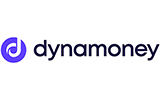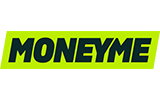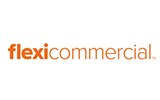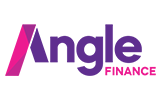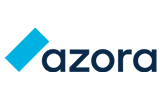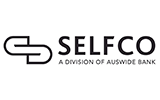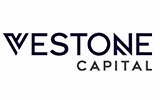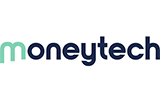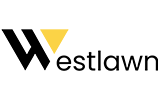BUSINESS FINANCE
4 ways to get the best truck loan deal
Get a secured loan
This will generally mean a lower interest rate compared to an unsecured business loan, because secured finance is less risky for lenders. Most lenders will accept a truck as collateral for a secured loan.
Buy a new or nearly new truck
Lenders often apply higher rates (known as a ‘loading’) on older vehicles, e.g. if the truck is more than 5 or 10 years old expect a rate loading of 0.5% - 1.50% p.a. depending on the lender.
Buy from a dealer
Lenders prefer dealer sales and you may pay a higher rate (an extra 0.5% - 1.00% p.a.) if it’s a private sale. Dealer sales are generally more straightforward and less risky for lenders.
Look for a short finance term
This means you pay less interest. For example, opting for a five-year term instead of a six-year term on an $80,000 truck loan at a rate of 9.50% p.a. could save you $4,460 in interest.
Will you be eligible for truck finance?
Truck finance eligibility criteria vary between lenders, but these are the most common requirements among the lenders Money.com.au works with:
- You must be an Australian citizen or permanent resident
- Your business must have an active ABN or ACN
- Your business must have at least six to 12 months of trading history
- Your business must be GST-registered
- Your business must meet the lender’s minimum annual turnover requirement (usually ranging from $75,000-$100,000)
- The truck you’re financing must be used for business at least 51% of the time
- You'll need a good credit score — the minimum business credit score most lenders will consider is 475, and for company directors, it’s about 500 (if you’re a homeowner, lenders may accept a lower score)
Our data shows most businesses financing a truck buy the vehicle privately. This can be a great money saver for established, low-risk businesses. But if eligibility is borderline, we generally recommend a dealer sale, as lenders typically view this as being lower risk.
How to apply for truck finance
Here's our quick guide on how to get a business loan to finance a truck in four steps:
Decide on a truck finance option
Depending on your business structure and industry, owning the vehicle outright will have more benefits than leasing it. For example, if you’d like the option to pay off the finance early, a truck loan may be more suitable, as leases are notoriously hard (and expensive) to terminate. Additionally, speak to an accountant about the potential tax implications of each truck financing option, as this could sway your decision.
Prepare your financial documentation
Your lender will request financial documents to confirm your business revenue. Typically, they'll ask for six to 12 months of business bank statements, BAS statements, and/or tax returns. Keep in mind, the larger your loan, the more information you'll need to provide. If you're borrowing over $150,000, some lenders might ask for your financials to be prepared by an accountant.
Apply online with your lender of choice
Most lenders have an online application process that only takes a few minutes. To get started, you’ll be asked how much you want to borrow, your preferred finance term and details about the truck you’re purchasing (including its age and model). Then, you’ll be prompted to give some business information about your annual revenue and how long you’ve been trading.
Get your truck finance application approved
The lender will do a credit check before deciding whether to approve your truck finance application. If you haven't found the truck you want to purchase yet, the lender might offer pre-approval. This is conditional approval to borrow a specific amount before you actually purchase the vehicle. To get unconditional approval, you'll need to sign a purchase contract and provide registration paperwork for the truck.
Shop for low truck finance fees
Establishment fees: $150 - $550
Monthly account keeping fees: $0 - $10
Extra repayment fees (Depends on loan amount & term)
Early payout fees: $0 - $450
Should you opt for a balloon payment with your truck finance?
Most truck loan and lease agreements include a balloon payment option.
Money.com.au's asset finance expert, Phil Collard, explains why you might consider a balloon payment on your truck finance.
"A balloon is a lump sum payment required at the end of your loan term. This is generally a percentage of the asset cost and varies depending on the loan term," Phil explains.
"Some business owners may perceive balloons to be a bad thing. After all, why would I want to have a large lump sum payment after years of paying off my loan? What borrowers don't always consider is what would the repayments have been with and without a balloon?
"For example, you could be looking at repayments of $800 per month with a balloon vs $10,00 per month with no balloon. The difference of $200 per month in this example could be meaningful to a business’ monthly cashflow. With a balloon, they may be able to comfortably afford the new asset/equipment without putting strain on cashflow."

Phil Collard, Money.com.au Asset Finance Broker
"Come the end of the term, you may be able to sell the truck and use the proceeds to payoff the balloon or potentially refinance and keep retain it. Be sure to consider what the exit strategy may look like when considering balloon options for your next asset purchase."
Phil Collard, Money.com.au Asset Finance Broker
Ready to compare truck loans?
Get your best offers from multiple lenders. There's no obligation and checking your rates won't impact your credit score.



